Urgent care billing, while bearing a resemblance to primary care billing, has its own set of unique challenges and codes. An understanding of these can be crucial for ensuring optimal financial health for an urgent care facility.
Key Medical Codes Exclusive to Urgent Care
While primary and urgent care centers might deal with similar health issues, they have distinct billing codes:
- S9083: This allows urgent care facilities to bill a singular fee, irrespective of the patient's treatment route. Many Managed Care Organizations (MCO) in states like Florida and Arizona mandate the use of this code.
- S9088: This code acknowledges the comprehensive services rendered in an urgent care setup. It should be used along with the right evaluation and management (E/M) code.
The Prevalence of E/M Codes in Urgent Care
E/M codes are the backbone of CPT codes in urgent care centers. Some of the most prevalent ones include:
- CPT Code 99214
- CPT Code 99213
- CPT Code 99204
Keeping Pace with Changes in Urgent Care CPT Codes
The Centers for Medicare & Medicaid Services (CMS) introduces updates annually. For accurate claim submissions, centers should be vigilant about these updates. For instance, the time definition for CPT codes 99202-99215 has been revised.
The Importance of Technology in Streamlining Urgent Care Billing
In today's digital age, technology plays an indispensable role in the healthcare billing process, particularly in the context of urgent care. Incorporating advanced technological solutions can significantly optimize billing operations, ensuring both accuracy and efficiency.
- Electronic Health Records (EHR): A robust EHR system allows for accurate documentation of patient visits, treatments, and other relevant data, ensuring that claims are backed by comprehensive and up-to-date patient information.
- Automated Claim Submission: Automated systems can help in submitting claims promptly, reducing the lag time between patient visits and claim submissions. This not only ensures faster reimbursements but also minimizes human errors.
- Billing Software Integration: Modern billing software solutions come equipped with features like real-time insurance verification, automatic code updates, and integrated E/M guidelines. Such integrations can drastically reduce the risk of claim denials due to coding errors.
- Data Analytics for Billing: Utilizing data analytics can provide insights into billing patterns, payer trends, and common reasons for claim denials. By analyzing this data, urgent care centers can make informed decisions, fine-tune their billing processes, and improve revenue collection.
Incorporating the latest technological solutions in the urgent care billing process is not just a luxury but a necessity to remain competitive, compliant, and efficient in today's healthcare landscape.
Recommendations for Efficient Urgent Care Billing
- Outsource Your Billing: Given the demanding nature of urgent care billing, outsourcing this function can be beneficial. This way, centers can ensure adherence to ever-evolving industry norms.
- Avoid Poor Contracts: Establishing clear, advantageous contracts with payers is essential. To circumvent subpar contracts or a lack of contracts, seek the expertise of a contracting specialist.
- Adhere to Credentialing Protocols: Credentialing, distinct from contracting, verifies a provider's credentials. To guarantee a seamless claims process, make sure providers are connected with the relevant payers.
- Stay Clear of “Locum Fraud”: Billing mid-level providers under a physician's credentials can lead to overpayment and potential fraud.
- Enhance Front Desk Operations: Empower your front desk staff with a streamlined process that includes verifying insurance information in real-time and ensuring accurate paperwork.
- Stay Updated with E/M Guidelines: The past few years have seen significant changes in E/M codes and guidelines, especially with the advent of the pandemic. Regular training and re-training for staff can ensure adherence to the latest guidelines.
In Conclusion
Urgent care billing, with its unique challenges and codes, stands as a testament to the ever-evolving landscape of healthcare services. By understanding the specific medical codes, adhering to regular updates, and incorporating best practices, urgent care centers can optimize their billing processes. The integration of advanced technology further strengthens this realm, ensuring precision, efficiency, and improved financial health. As the industry continues to change, staying informed and adaptable will be the keystone for the success of urgent care centers. By embracing these guidelines and being proactive, urgent care facilities can offer exemplary care to patients while maintaining a robust financial foundation.













